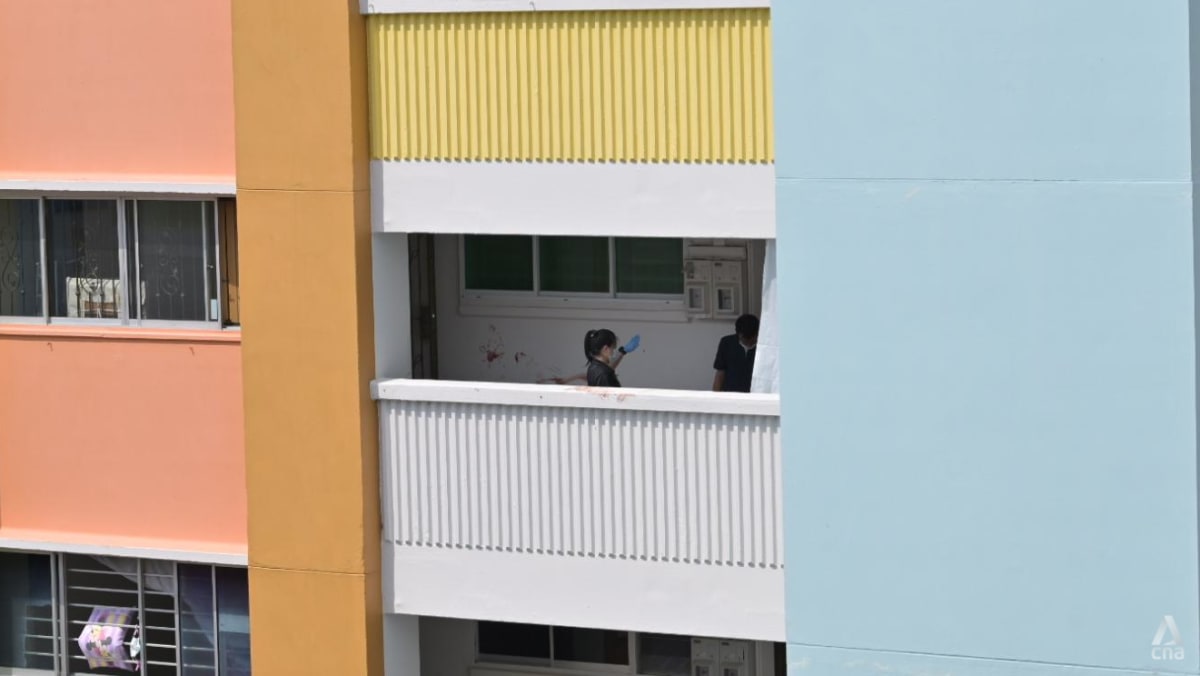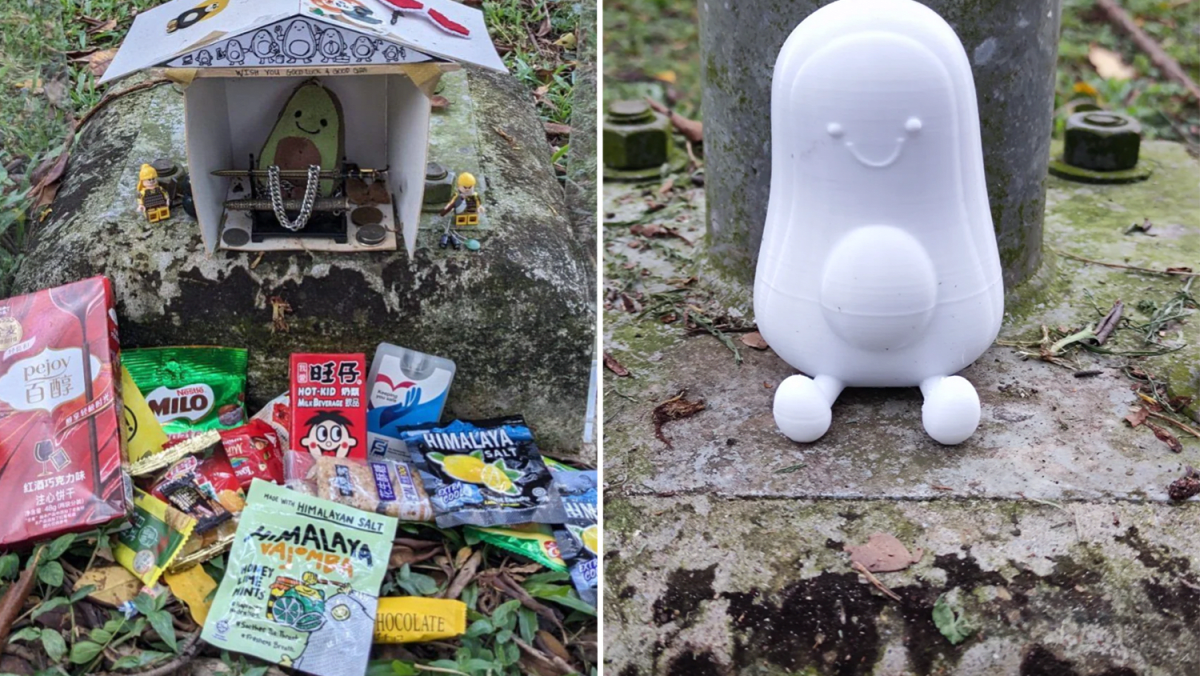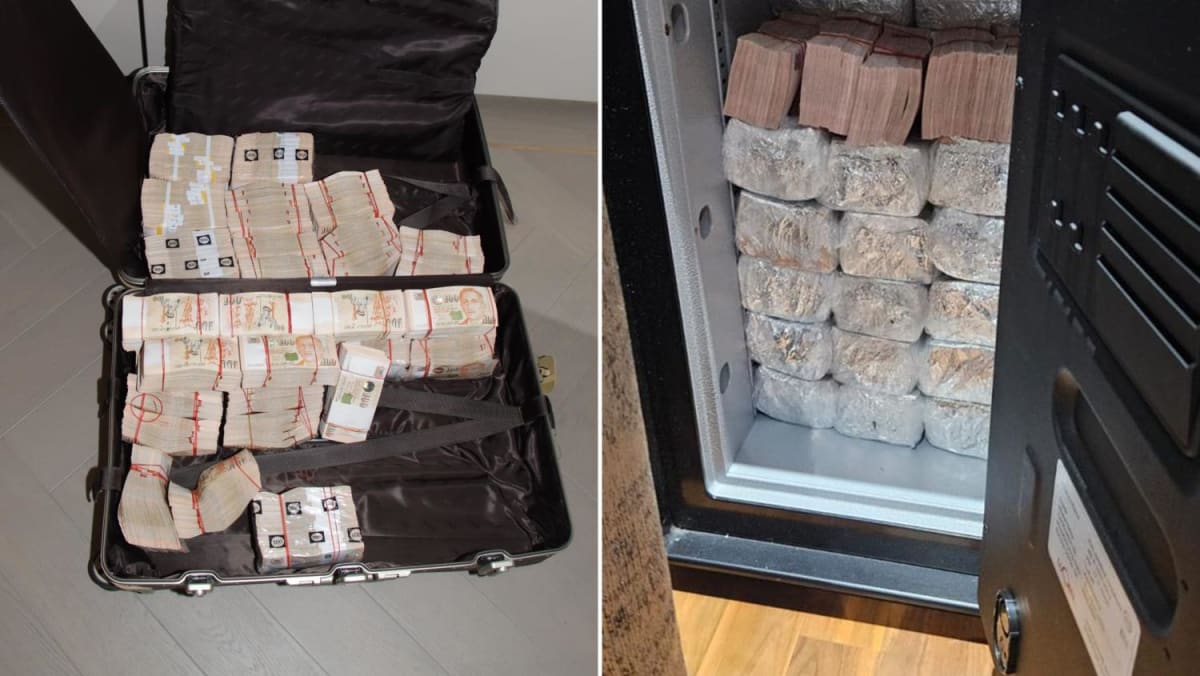There was also a sensorial drug panel, allowing visitors to learn how to identify various drugs and to better combat evolving concealment tactics. There were also packages of real cannabis on-site for visitors to smell.
A “True Drug Cases: Where Violence Meets Death” exhibit told stories of lives lost due to the actions of drug abusers, letting visitors toggle through the accounts on interactive screens.
Among them was the 2006 case of two-year-old Nonoi, who was dunked in a pail of water by her stepfather. He was addicted to cannabis. She eventually died from the incident, and was also found with injuries suggesting she had been sexually assaulted.
Over the next eight weeks, a smaller-scale version of the exhibition will rotate among eight different locations across the country.
ADDRESSING ALLEGATIONS
On Friday, the Ministry of Home Affairs (MHA) also responded to allegations by civil activist Teo Soh Lung about Mr Shanmugam’s May 8 ministerial statement on Singapore drug control policy.
In a Facebook post on May 12, Ms Teo said Singapore’s drug laws and policies were ineffective, and that Mr Shanmugam had deliberately singled out a group of activists and accused them of misleading the public.
MHA said the drug problem cannot be permanently “solved”, as Ms Teo seemed to suggest.
“There will be people who will abuse drugs. What we can do is to try and reduce the number, and save as many lives as we can,” it said.
“If we go soft on drugs, the consequences will likely be very bad, with a lot more suffering and deaths.”
The ministry said the ministerial statement had laid out the deteriorating global drug situation and its resulting harms.
Countries with soft drug control policies have seen a rise in overdose rates and brutal drug-related crime and violence, it noted.
MHA said the statement had also set out factually what transpired in some court cases, in which numerous “unmeritorious” applications were filed to try to prevent the sentence from being carried out, aided by anti-death penalty activists.
In one case, the family involved in the matter gave the courts the email of an activist who was helping them, an episode that Mr Shanmugam referred to in his ministerial statement.
MHA added that Mr Shanmugam stands by what he had said in parliament and that he waives parliamentary immunity for the contents of his ministerial statement.
“(Ms Teo) implies that in some unspecified way, the making of the statement in parliament, with parliamentary immunity, was wrong,” said MHA.
“If Ms Teo or anyone else feels that the statement’s contents are actionable – they can take action”.













